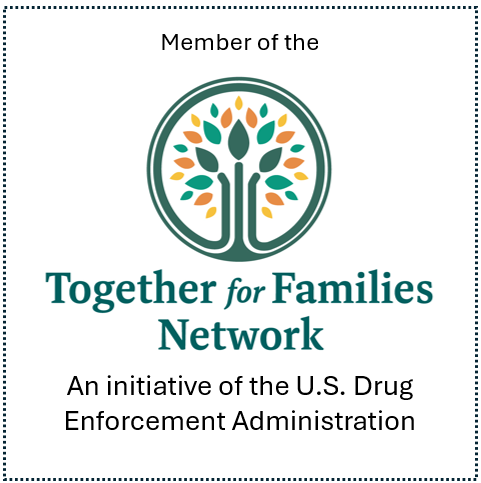One common misconception in society is about the needs of babies. Holding them too much or responding to their cries during the night is often perceived as spoiling. In reality, it is impossible to spoil an infant with excessive love and care. From birth to 18 months, babies are in the attachment phase of child development. Attachment is established when a baby expresses a need through crying, and the caregiver responds appropriately. This interaction builds trust in the baby, as they learn that their needs can be met through communication. Secure attachment is crucial for developing trust in relationships later in life. Since babies lack verbal communication skills, crying becomes their way of expressing their needs. It is vital for caregivers to meet these needs in order to foster trust.
What cries should be attended to and what should the baby learn to work through on his/her own?
However, it’s essential to discern which cries should be attended to and which ones babies can learn to navigate independently. It is acceptable for babies to struggle through developmental milestones such as rolling over, crawling, and walking. If they emit grunts or whimpers during these moments, it is okay for them to work through their frustration. This process helps them develop resilience and tolerance for challenges. On the other hand, when parents intervene excessively, assisting with tasks and preventing natural struggles, that’s when spoiling occurs. Spoiling takes place when children of all ages are not given the opportunity to engage in age-appropriate developmental tasks because their parents take over.
Contrary to popular belief, the “cry it out” method is not synonymous with letting babies work through challenges independently. When babies are left to cry for extended periods, their distress escalates, fracturing their trust in having their needs met. As a result, both the baby and the parents experience the release of stress hormones such as cortisol and adrenaline. Over time, this can lead to a heightened fight or flight response, and the bond between parent and child may be strained, lacking the beneficial effects of oxytocin (the love hormone). Some may argue that allowing infants to cry themselves to sleep promotes self-soothing abilities, which will translate into independent children and adults. However, it’s important to understand that autonomy and independence come later in development, after the establishment of attachment. First, babies must form a secure attachment with their caregivers before they can embark on their journey towards independence.
By protecting children, we are not protecting childhood.
By excessively protecting children, we inadvertently hinder their childhood experiences. Children actively construct knowledge about the world around them, and they are not passive recipients waiting to be filled with information. Their development relies on interactive experiences and connections. Let us empower them to engage with the world through their natural developmental processes.






